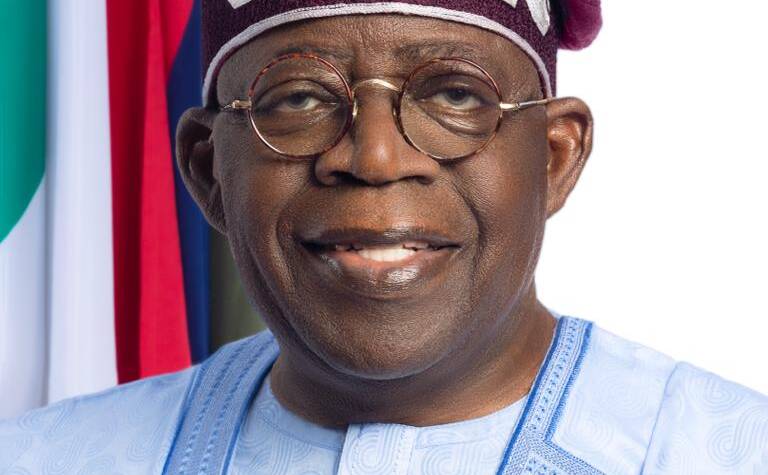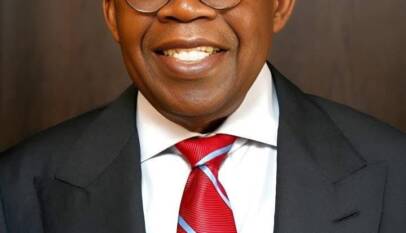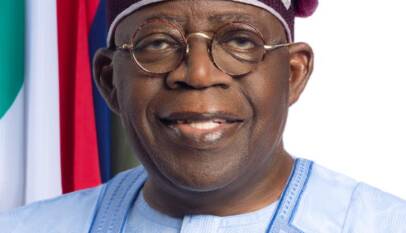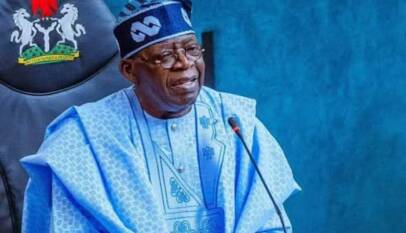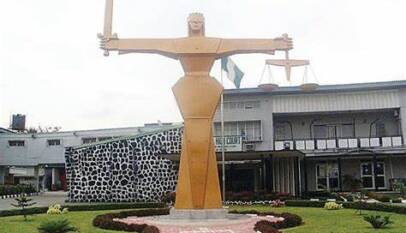By Deborah Nnamdi
The World Bank has commended Nigeria’s ongoing economic reforms under President Bola Tinubu’s administration, noting that they are beginning to yield positive macroeconomic results. However, it cautioned that the benefits have yet to translate into improved living conditions for most Nigerians.
This was contained in the Bank’s latest Nigeria Development Update (NDU) report, released on Wednesday in Abuja, titled “From Policy to People: Bringing the Reform Gains Home.” The report reviewed Nigeria’s recent economic performance and outlined key policy actions needed to ensure that reform gains reach ordinary citizens.
According to the World Bank, Nigeria’s economy grew by 3.9 percent year-on-year in the first half of 2025, up from 3.5 percent in the same period of 2024. The growth was attributed to stronger performance in the services and non-oil sectors, alongside improvements in oil output and agriculture.
The report also highlighted an improvement in Nigeria’s external reserves, which exceeded $42 billion, and a current account surplus of 6.1 percent of Gross Domestic Product (GDP). Fiscal indicators were said to be more stable, with the federal deficit at 2.6 percent of GDP despite lower oil prices. Public debt, it added, was projected to fall from 42.9 to 39.8 percent of GDP—the first decline in over ten years.
Despite these gains, the World Bank warned that most Nigerians were yet to feel the impact. It noted that food inflation and poverty remained elevated, with the cost of a basic food basket rising fivefold between 2019 and 2024.
“The Nigerian government has taken bold steps to stabilize the economy, and these efforts are beginning to yield results,” said Mathew Verghis, World Bank Country Director for Nigeria. “But macroeconomic stability alone is not enough. The true measure of success will be how these reforms improve the daily lives of Nigerians—especially the poor and vulnerable.”
The report urged the government to prioritise three areas: curbing food inflation by removing trade barriers and fixing agricultural bottlenecks; improving efficiency and transparency in public spending; and strengthening social protection systems through consistent, locally funded cash transfers to vulnerable households.
Samer Matta, the Bank’s Senior Economist for Nigeria, said the outlook for the economy remained “cautiously optimistic,” with growth expected to rise from 4.2 percent in 2025 to 4.4 percent in 2027. However, he warned that inflation would continue to challenge Economic recovery.
“Food inflation remains the biggest tax on the poor,” Matta said, calling for continued monetary discipline and sustained structural reforms to ensure that economic gains benefit all Nigerians.

